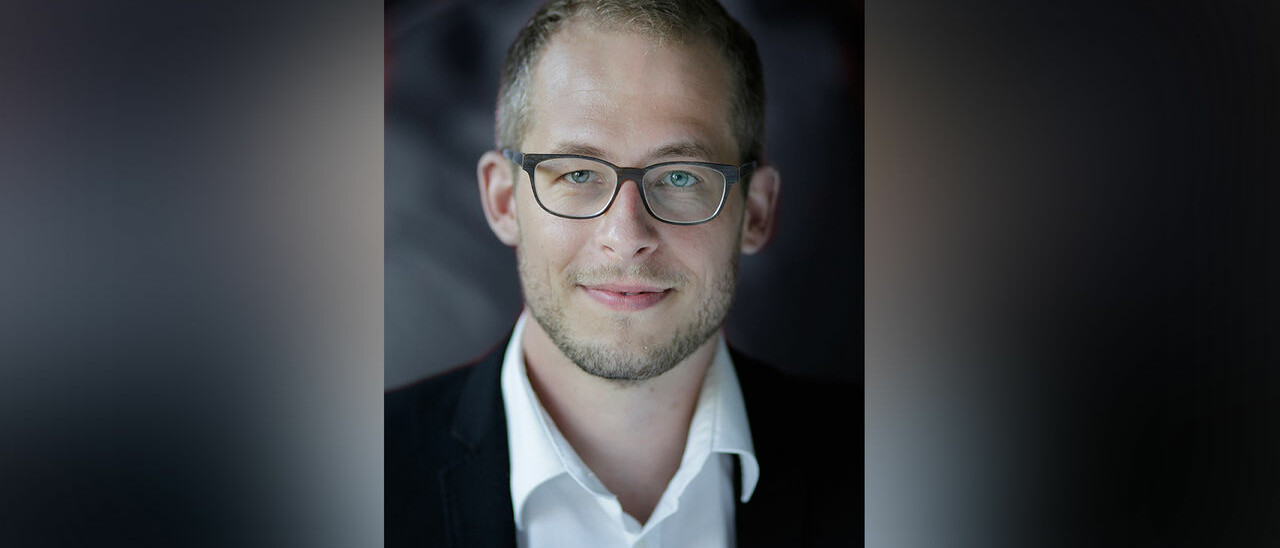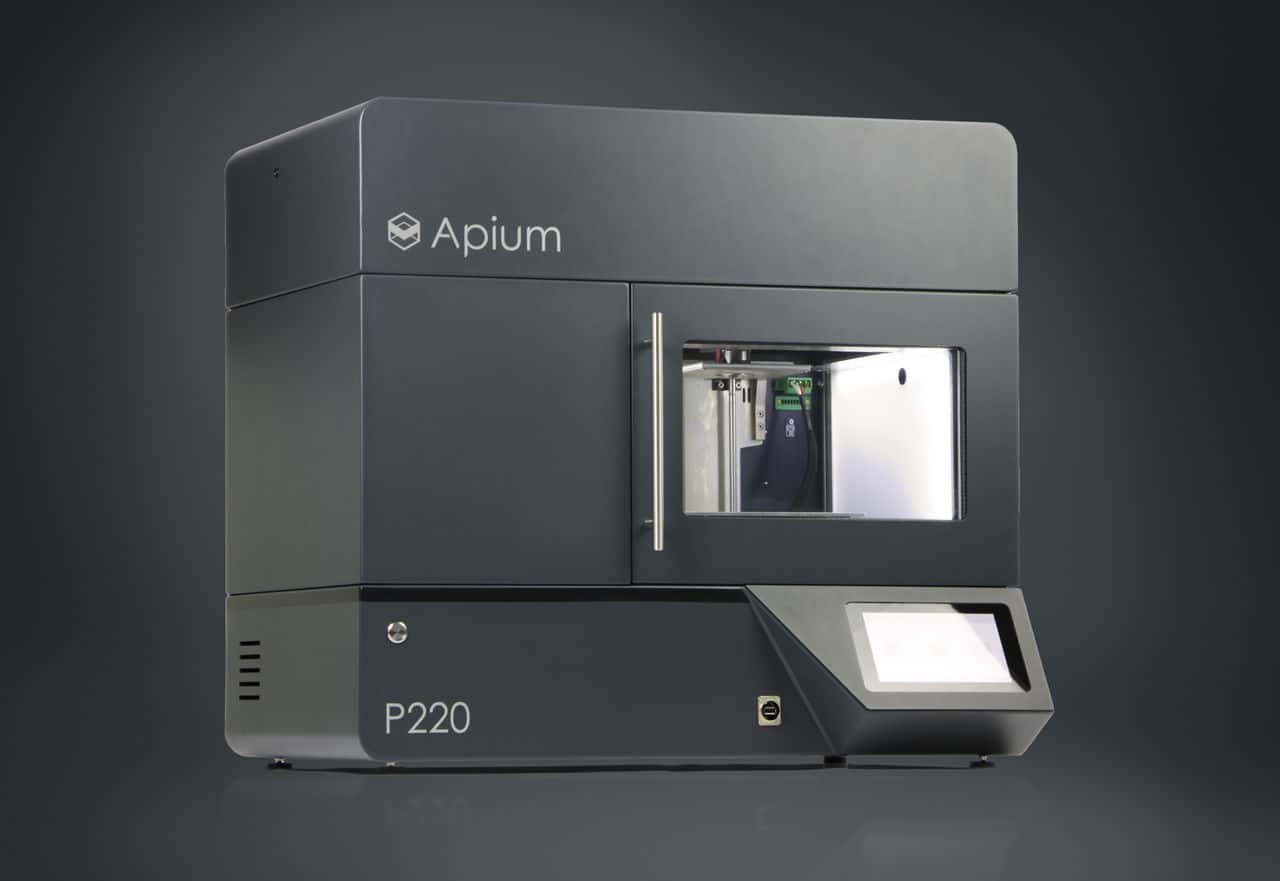Special show 3D printing at Motek 2021

Apium Additive Technologies from Karlsruhe, Germany, is coming to Motek with the Apium P220 3D printer. This printer is suitable for industrial processing of engineering, composite and high performance thermoplastics. They offer an economic advantage at low volumes and are suitable for thermomechanical, chemical, biological and electrical applications. Managing Director Uwe Popp wants to address SMEs in particular at Motek, which can benefit from these materials.
3D printing has already conquered quite a few production areas. Please tell us some aspects that illustrate the advantages of 3D printing:
3D printing has enormous advantages, especially in terms of setup time. Customized components can be produced in a short time. Enormous savings potential can be found here, especially in CAM programming. In terms of manufacturing preparation, fixtures are usually used. These are either not necessary in 3D printing or are co-generated in the form of a support structure. Finally, it is worth mentioning the material savings in the production of the component, which, however, requires the correct knowledge of the application and the forces that the component will experience. Organic components can then be produced quickly and cost-effectively, which cannot be manufactured conventionally in this way and bring with them an economic advantage.
Which industries are benefiting particularly from 3D printing technology?
Industries that produce small batches or special components benefit from the technology in particular. This may include spare parts, fixtures, brackets and housings. There is particularly great potential in medical technology, since we humans differ from one another in our respective physiques. From a technical perspective, aerospace can benefit from 3D printing with lightweight parts and low volumes. But ultimately, profitability lies in how well the respective companies understand the technologies and can integrate them into their products and processes. Those who are open-minded in this regard will also be able to discover and exploit the hidden potential that technology has in store for their own company.
What are the technological obstacles to be overcome in the further development of 3D printing?
In our view, the big obstacles are not in the technology, but primarily in how the technology is used. The taught production-oriented component design is generally focused on subtractive manufacturing, i.e. machining and turning. In addition, there are still few established standards around additive manufacturing. These points quickly suggest that the technology is not yet at the point where it should be. Apart from this, the greater technological potential for driving the technology forward lies primarily on the software side.
Which target group do you specifically address with your company?
We would like to address SMEs in particular at Motek, as we specialize in the additive processing of high-performance thermoplastics. These materials are resistant to thermomechanical, chemical, biological and electrical applications and offer an economic advantage at low volumes. Because the materials are versatile, suppliers and contract manufacturers will find the appropriate use for their customer requirements.
With which trade show highlight will you come to the “Special Show 3D” during Motek/Bondexpo 2021 in Stuttgart?
We will showcase our Apium P220 3D printer for industrial processing of engineering, composite and high performance thermoplastics. In particular, we would like to draw attention to our carbon fiber-reinforced PEEK, which can be used for a wide range of industrial applications. As possible applications we see machine components, deep-drawing tools, operating equipment, housings, insulators, components in contact with vacuum, gas and liquids but also for moving components and for mechanical bearings.
